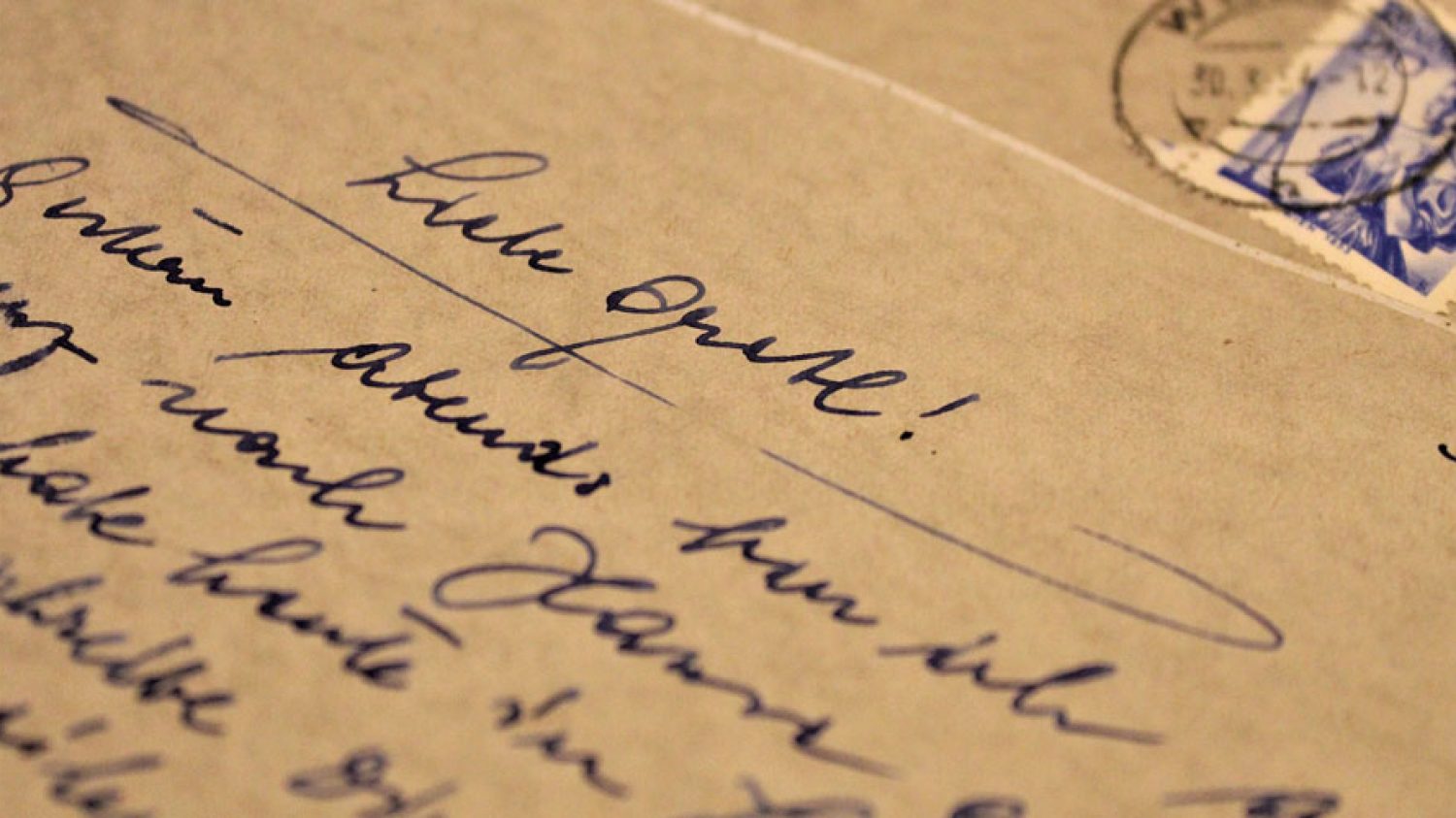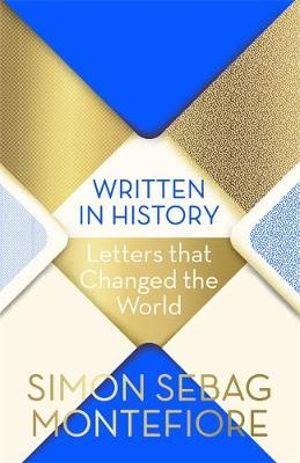I have not yet discussed in my newsletter the wonderful literary form of the letter. I’ll remedy that omission now. I’ve recently loved reading Written in History: Letters that Changed the World by historian Simon Sebag Montefiore. The author has collected together a fascinating range of letters, some racy, some surprising, some terribly moving, and has introduced each, placing it into its historical context and into the life of the letter-writer. From a letter by a Pharaoh full of complaints, to a frank epistle from Mark Antony about his “screwing Cleopatra”, to an agonised letter from Michelangelo about his struggles to paint the ceiling of the Sistine Chapel, to Frida Kahlo’s outpouring of love for Diego Rivera, the book is full of intimate moments, glimpses into history and beautiful words. It is so amazing that a hastily written note from a wife, about to enter the Auschwitz gas chamber, to her husband actually survived that terrible period of history. I loved the letter that editor T.S. Eliot sent George Orwell, turning down his Animal Farm, Lord Nelson’s “blazingly ardent” letter to Emma Hamilton, while Fanny Burney’s letter describing the mastectomy she underwent without anaesthetic is grim reading, as is the letter Stalin’s daughter wrote her father giving him demands. Mozart’s scatological letter to his cousin is eye-opening, and Alan Turing’s agony over his persecution for homosexuality is heartbreaking. I loved some of the royal letters – from Henry VIII to his adored Anne Boleyn, from Elizabeth begging her sister Queen Mary for her life, and from Catherine the Great to her lover.
Montefiore’s excellent introductions are a delight to read, as is his introduction to the book (written as a letter to his readers). In this age of emails and text messages one would think that letters are a dying literary form, but Montefiore informs us that letters are returning to favour by those wishing to be more discreet in their communications. Evidently vital affairs in the Kremlin are today conducted on old-fashioned letters on paper which are safer because they exist only once and can be destroyed.
Goethe thought that letters were the most significant memorial a person can leave. Some tell lies, some tell brutal truths, some are naughty and some are deeply moral, but every letter included in this lovely little volume was interesting to read. I can recommend it. And maybe you will be inspired to pick up a pen and a nice sheet of notepaper and write a proper letter some time soon? Tell me your thoughts by leaving a comment.
Selected links for relevant websites, books, movies, videos, and more. Some of these links lead to protected content on this website, learn more about that here.


Rosaleen Kirby
Susannah, are you familiar with ‘Letters of Note’ collected by Shaun Usher? A wonderful collection which I think contains a couple of the same letters, will never forget the description of the mastectomy! I hope the tour is going really well. Rose x
Susannah Fullerton
No, I don’t know that one. Thanks for the recommendation, Rose. Isn’t the mastectomy letter memorable – poor woman!
The tour is going fabulously with lovely English summer weather. I am falling in love with the English countryside all over again!
Miland Joshi
Helene Hanff wrote a sequel to 84, not a collection of letters but connected prose, “The Duchess of Bloomsbury Street”. Some readers might like to try to use her book on New York “Apple of my eye” as a tourist guide, as I did once. Most of the things she describes are still there! Her “Underfoot in show business” is also an interesting bit of autobiography – she was at one time interested in the stage. Last but not least, “Q’s Legacy”, also autobiographical but about literary matters. There is an omnibus volume with all of her works, which readers might find on the second hand market with a bit of luck.
Susannah Fullerton
Thanks for letting me know. I have read The Duchess of Bloomsbury Street and her New York book, but not the two others you mention.
Gareth Peterson
Thanks, Susannah, for recommending this book. I will happily add it to my reading list. Coincidentally, I just finished reading a charming short book, “84 Charing Cross Road”. It is a collection of letters between a New York based writer and the staff of a second-hand book shop in London. James Mustich recommended the book in his wonderful “1000 Books to Read Before You Die”.. Mustich also covered letter collections in a fairly recent blog post.
Susannah Fullerton
I love 84 Charing Cross Road – such a gorgeous book. Did you know that a film was made of it with Anthony Hopkins and Anne Bancroft. She also wrote a book about New York, but it was not as good.